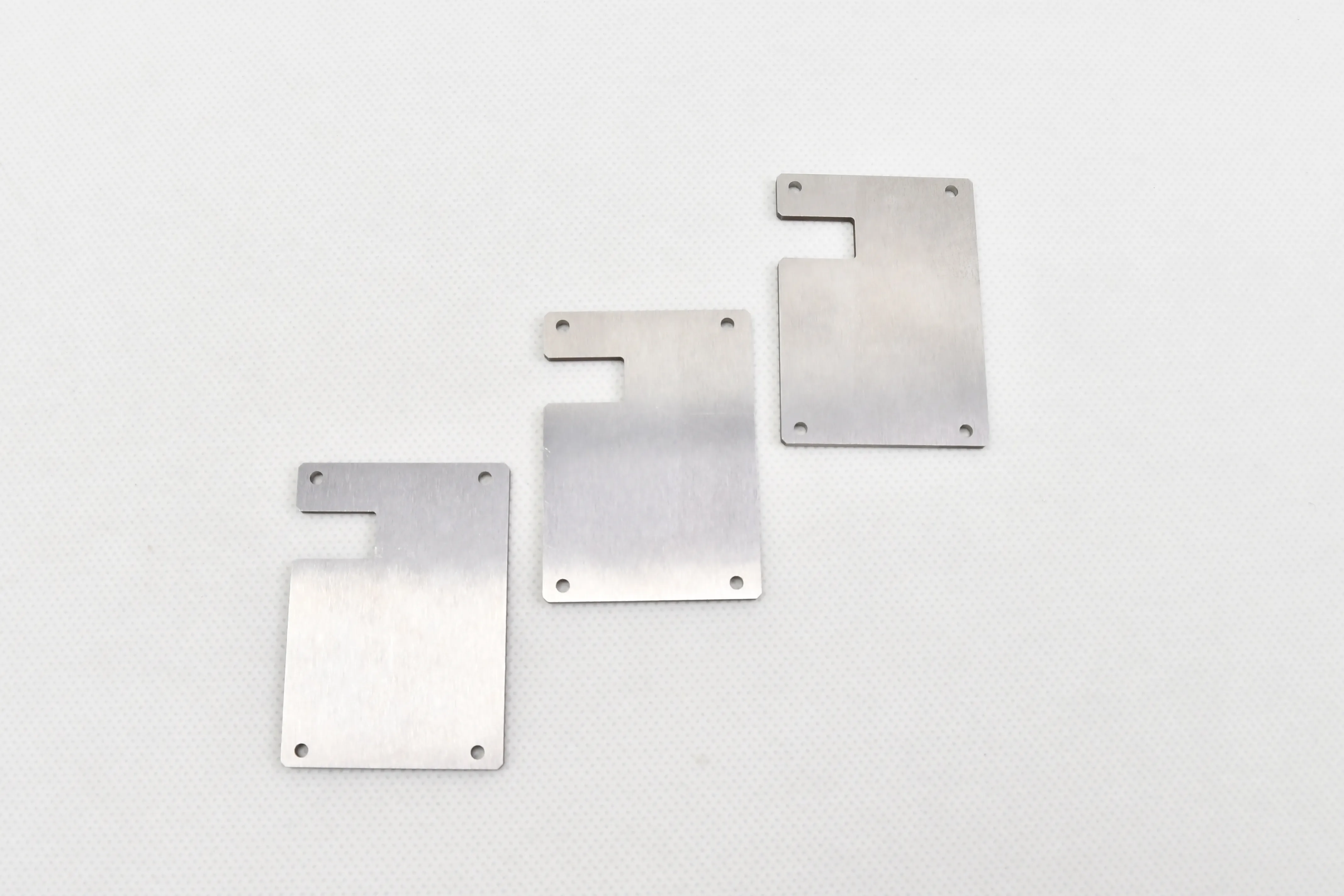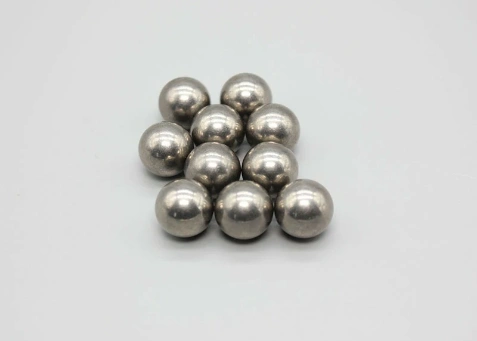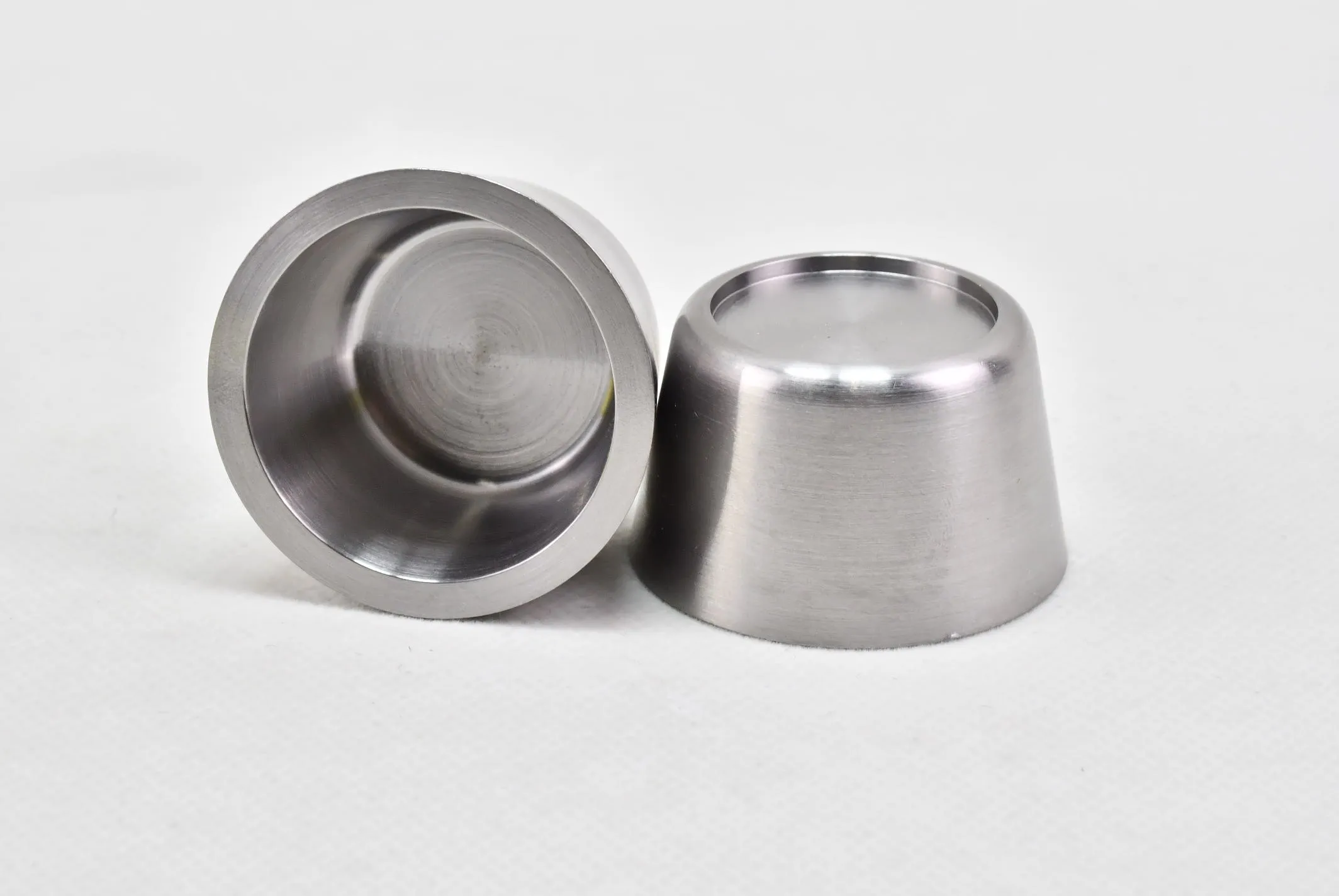What Are the Applications of Tungsten Alloy in the Field of High-Temperature Resistance Tools?
High-temperature resistance is a crucial requirement in many industrial applications, particularly in machining, aerospace, and energy sectors. Among the various materials used to withstand extreme heat, tungsten alloy stands out due to its exceptional melting point, superior mechanical strength, and excellent thermal conductivity. As a leading manufacturer of tungsten alloy blocks, we specialize in providing high-performance tungsten-based solutions for demanding applications. This article explores the key applications of tungsten alloy in high-temperature resistance tools and explains why it is the preferred choice for industries that operate under extreme conditions.
1. Cutting and Drilling Tools
One of the most significant applications of tungsten alloy is in high-performance cutting and drilling tools. Tungsten’s high hardness and resistance to wear make it ideal for manufacturing:
- Tungsten carbide inserts for metal cutting.
- Drill bits and end mills for machining hardened materials.
- Tungsten alloy-based saw blades for high-speed cutting.
Compared to traditional steel tools, tungsten alloy cutting tools can withstand higher temperatures without losing hardness, leading to improved tool life and reduced maintenance costs.
2. Aerospace and Rocket Nozzles
In the aerospace industry, high-temperature resistance is critical for components exposed to extreme heat and mechanical stress. Tungsten alloy blocks are commonly used in:
- Rocket nozzles and heat shields to endure extreme combustion temperatures.
- Aerospace turbine blades that require excellent thermal and mechanical stability.
- Refractory components in spacecraft, where tungsten’s ability to maintain structural integrity under high heat is essential.
Due to its high density and ability to dissipate heat efficiently, tungsten alloy is an indispensable material for aerospace engineering.
3. Industrial Molds and Die Casting Tools
The mold and die casting industry relies on tungsten alloy blocks for producing high-precision, heat-resistant molds. Tungsten’s properties make it an excellent choice for:
- Injection molding dies that withstand repeated exposure to molten metal or plastic.
- Hot forming dies used in high-temperature metal forging.
- Extrusion dies that shape metal alloys at elevated temperatures.
By using tungsten alloy molds, manufacturers can achieve superior durability and precision, reducing the frequency of mold replacements and increasing production efficiency.
4. High-Temperature Furnace Components
Industrial furnaces operate at extreme temperatures, requiring materials that can maintain strength and stability under continuous heating and cooling cycles. Tungsten alloy is widely used in:
- Furnace heating elements that maintain performance at temperatures exceeding 2000°C.
- Thermocouple protection tubes that safeguard temperature sensors.
- Heat-resistant shielding plates to minimize energy loss in vacuum furnaces.
The low thermal expansion coefficient of tungsten alloy also ensures that furnace components do not deform easily, maintaining long-term reliability.
5. Nuclear and Energy Sector Applications
In the nuclear and energy industries, tungsten alloy plays a crucial role in radiation shielding and high-temperature applications. Some key uses include:
- Tungsten alloy reactor components, capable of withstanding intense radiation and heat exposure.
- Plasma-facing components in nuclear fusion reactors, where extreme heat resistance is essential.
- Tungsten alloy heat exchangers, used in high-efficiency power generation systems.
Tungsten’s non-reactive nature and high melting point (over 3400°C) make it ideal for extreme energy environments.
6. Military and Defense Applications
In military and defense applications, tungsten alloy is used in armor-piercing ammunition, missile components, and high-temperature resistant weapon parts. Its exceptional density, strength, and heat resistance ensure that it performs reliably in ballistic and high-impact scenarios.
Common applications include:
- Tungsten alloy armor plates for vehicles and protective shields.
- High-velocity projectile cores for military-grade ammunition.
- Missile guidance system components, which must endure high-speed friction and extreme heat.
The ability of tungsten alloy blocks to resist deformation under intense heat and pressure makes them an essential material in advanced defense technology.
The unique properties of tungsten alloy, including its high melting point, superior hardness, and exceptional thermal stability, make it indispensable for high-temperature resistance tools. From cutting tools and aerospace components to industrial molds and nuclear reactor parts, tungsten alloy blocks continue to be the preferred material for industries requiring extreme heat resistance.
As a manufacturer of tungsten alloy products, we are committed to providing high-quality solutions for demanding applications. Our tungsten alloy blocks offer unmatched performance, durability, and efficiency, ensuring optimal results in high-temperature industrial environments.
For more information about our tungsten alloy blocks, visit our product page: Tungsten Alloy Blocks – Refractory Metals.

 EN
EN AR
AR FR
FR DE
DE HI
HI IT
IT JA
JA KO
KO PT
PT RU
RU ES
ES ID
ID LV
LV VI
VI HU
HU MS
MS GA
GA BE
BE YI
YI EU
EU


